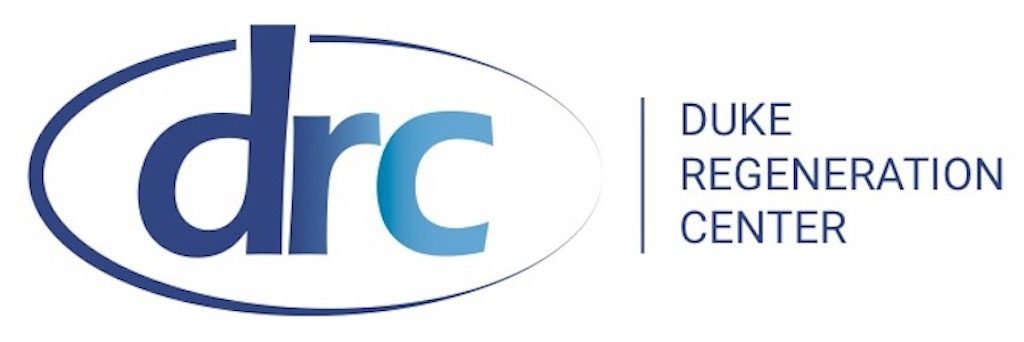
Previous funding opportunities:
2023 Postdoctoral Research Awards to Accelerate Career Independence
Duke University School of Medicine has established Duke Regeneration Center (DRC) to enhance discovery and applications in the broad field of tissue regeneration. DRC is pleased to announce availability of funding support to help DRC-affiliated labs recruit strong postdoctoral candidates. This funding mechanism is intended to support and accelerate the career development of postdoctoral trainees. The funds are directed by the discretion of thetrainee and can be used toward any research- related expenses, including supplies, equipment, core facilityservices, and educational resources, but not one’s own salary. Each awardee (trainee) will receive $10,000 per year for a maximum of two years. We encourage Duke PIs to inform prospective postdoctoral candidates of this potential opportunity during recruitment.
DRC intends to support up to four DRC Postdoctoral Research Awards per year. Trainees are expected toparticipate in mentored laboratory research, the annual DRC retreat, seminar series, and career developmentalactivities. It is important that awardees are actively engaged in DRC activities.
Eligibility and program requirements:
- The candidate must hold a Ph.D. and/or M.D. (or equivalent) degree at the time of
- This award is intended for incoming postdoctoral fellows and current fellows who joined Duke within 9 monthsprior to the application deadline (March 15, 2023), or those who subsequently join
- The awardees can be mentored by DRC-affiliated faculty in any department/center, provided there is a broadly defined regenerative biology or medicine component to the awardee’s
- The trainee need not be a US citizen or permanent
- Awardees may simultaneously hold another
- Second year of funding is contingent on submission of a one-page progress report and active participation in DRC activities, e.g., annual retreat/symposia and research
- One DRC fellow per laboratory maximum
Anticipated funding start date: The anticipated award notification is May 2023. The start date is flexible, but the award must be initiated within 9 months after the notification.
Application materials:
- Cover Page – include Duke mentor name, trainee name, potential start date of trainee in a DRC- affiliated faculty
- Brief research proposal (limited to 1 page) consisting of research accomplishments, proposed postdoctoral research work and long-term career goals of the trainee.
- Biosketch/CV of the trainee, including their educational background, research experience, and publications.
- 5-page standard NIH Biosketch of proposed Duke mentor(s).
- Reference letter from proposed Duke mentor to be emailed directly to the Committee at dukeregeneration@duke.edu.
The deadline to receive applications is March 15, 2023 (5 pm ET). Applicant or the proposed Duke mentor must submit the application materials by email (as a single PDF file) to dukeregeneration@duke.edu. In the email Subject line, please write “DRC Postdoc Research Award application – Duke PI name”.